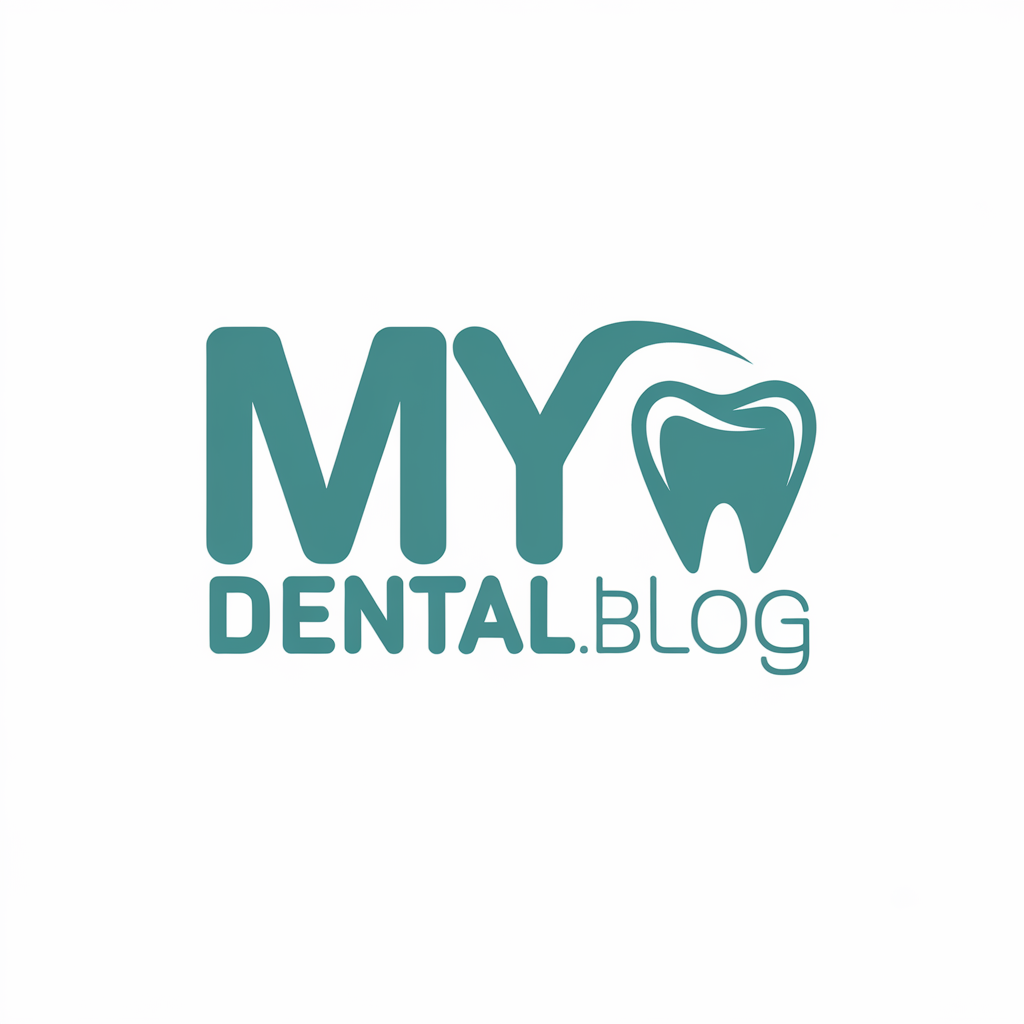Your Oral Health Is Secretly Affecting Your Heart (Here’s How!)
Your oral health plays a crucial role in your overall well-being, especially when it comes to your heart. You might not realize it, but the bacteria lurking in your gums can make their way into your bloodstream, leading to serious cardiovascular issues. This connection between gum disease and heart health is more complex than you think. So, what can you do to protect both your smile and your heart? Let’s explore this vital relationship.
The Link Between Gum Disease and Heart Health
While you might think of gum disease as just a dental issue, research shows it can have serious implications for your heart health. Maintaining good oral health isn’t just about having a bright smile; it’s about protecting your entire body, including your heart.
When you neglect your gums, bacteria can build up, potentially leading to inflammation that affects your cardiovascular system. Studies suggest that individuals with gum disease are at a higher risk for heart-related conditions.
Inflammation from gum issues can contribute to artery damage, making it crucial to prioritize your oral health. Regular dental care helps prevent gum disease and protects cardiovascular health, emphasizing the importance of maintaining a healthy mouth. You’re not alone in this journey; many people are learning how interconnected our health truly is.
How Oral Bacteria Can Enter the Bloodstream
Oral bacteria can enter your bloodstream more easily than you might think, especially if you have existing gum disease or poor oral hygiene.
When you skip brushing or flossing, harmful bacteria thrive in your mouth, creating an environment ripe for infection. Even everyday activities, like chewing or brushing your teeth too aggressively, can create tiny wounds in your gums, allowing these bacteria to escape into your bloodstream.
Once in your bloodstream, these bacteria can travel throughout your body, potentially leading to serious health issues. They can affect your heart, among other organs, increasing the risk of inflammation and cardiovascular problems. Additionally, poor oral health can exacerbate systemic diseases, further complicating your overall health.
It’s vital to maintain good oral hygiene by brushing twice a day, flossing regularly, and visiting your dentist for check-ups. Taking these simple steps not only protects your smile but also supports your overall health, helping you feel more connected and secure in your well-being.
The Role of Inflammation in Oral and Cardiovascular Health
Inflammation plays a significant role in the connection between oral health and cardiovascular health. When you have gum disease, your body reacts with inflammation. This response can spill over into your bloodstream, leading to increased inflammation in your heart and blood vessels.
You mightn’t realize it, but this chronic inflammation can pave the way for serious cardiovascular issues, like heart attacks or strokes. Good oral hygiene is essential for overall health and can help mitigate these risks.
Taking care of your oral health isn’t just about a bright smile; it’s about protecting your heart, too. When you brush and floss regularly, you’re helping reduce inflammation in your mouth that could affect your entire body.
By prioritizing your oral hygiene, you’re not just caring for yourself; you’re also nurturing a community that values health and well-being.
Preventive Measures for Better Oral and Heart Health
Taking proactive steps can significantly improve both your oral and heart health. Start with regular dental visits—aim for at least twice a year. Your dentist can catch issues early, preventing bigger problems down the road.
Also, brushing twice daily and flossing once keeps your mouth clean and reduces inflammation, which is crucial for heart health.
Don’t forget about your diet! Incorporating fruits, vegetables, and whole grains not only nourishes your body but also supports your gums and heart. Staying hydrated is equally important; water helps wash away food particles and bacteria.
Lastly, managing stress through activities like yoga or meditation can benefit both your heart and oral health. Furthermore, maintaining good oral hygiene is vital for respiratory health, as it helps prevent harmful bacteria from affecting your overall well-being.
The Impact of Lifestyle Choices on Your Oral and Heart Health
While you may not realize it, the lifestyle choices you make every day can profoundly affect both your oral and heart health. Simple habits, like what you eat and how often you exercise, play a crucial role in your well-being.
When you indulge in sugary snacks and beverages, you not only risk cavities but also increase inflammation, which can hurt your heart.
On the flip side, a balanced diet rich in fruits, vegetables, and whole grains can boost your oral hygiene and support cardiovascular health. Regular exercise not only keeps your heart strong but also improves blood circulation, benefiting your gums and teeth. Additionally, maintaining good oral health can help reduce the risk of systemic diseases linked to poor dental hygiene.
Don’t forget the importance of quitting smoking or limiting alcohol; both can wreak havoc on your mouth and heart.





